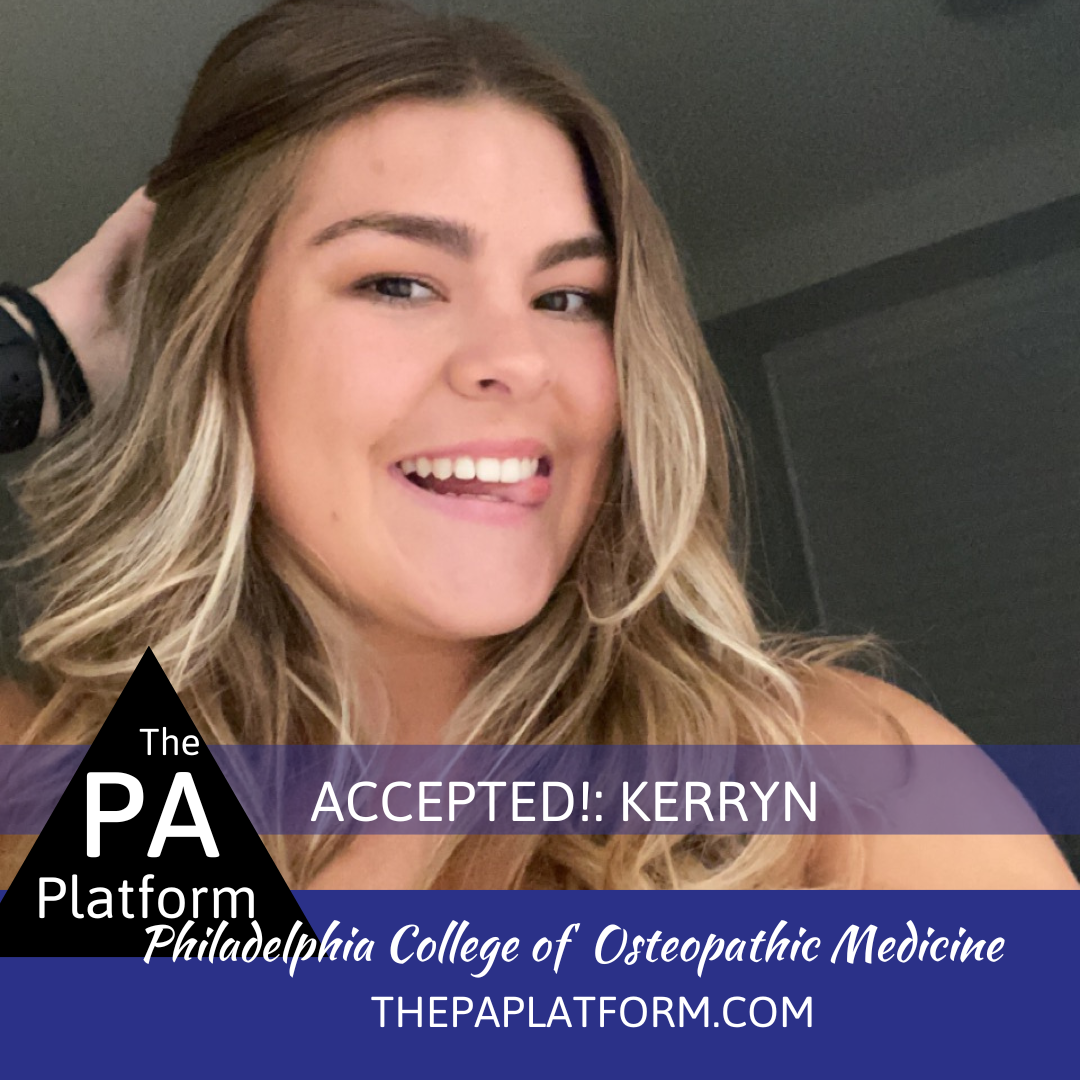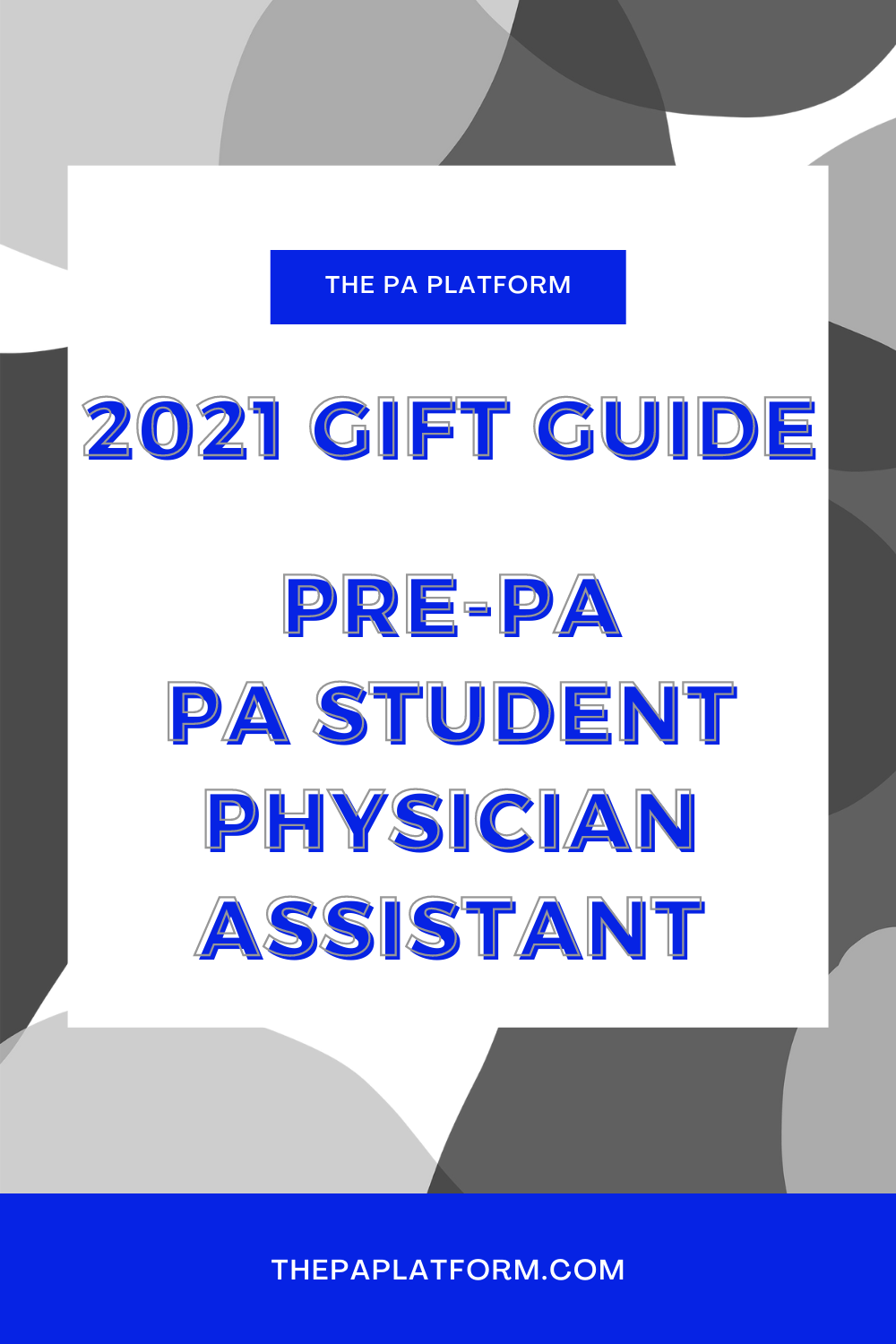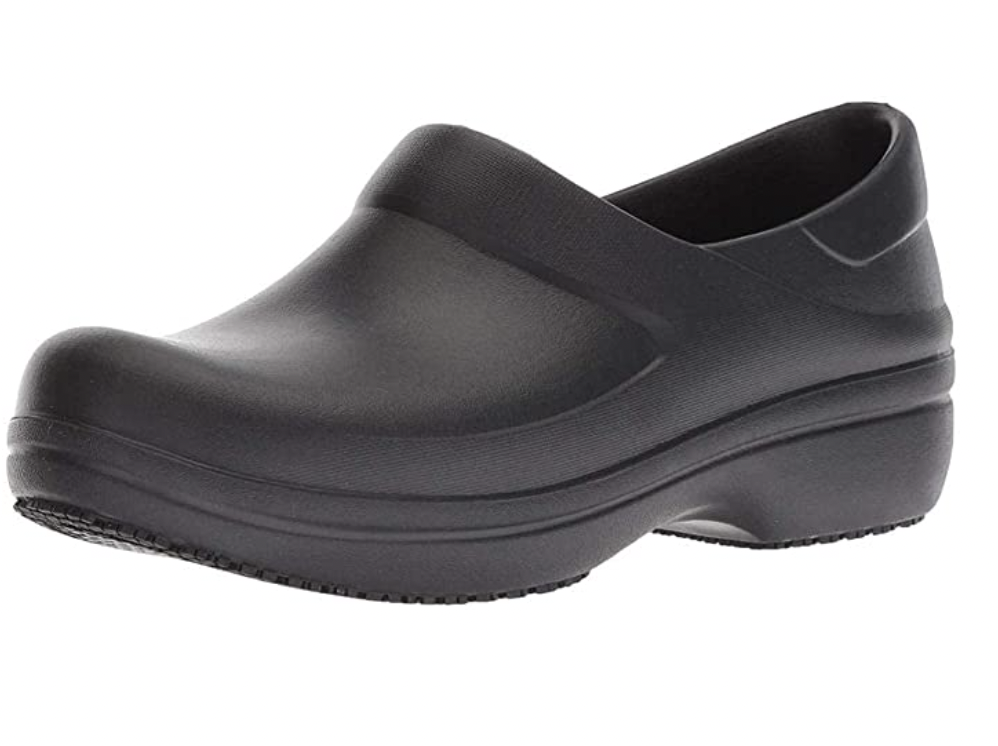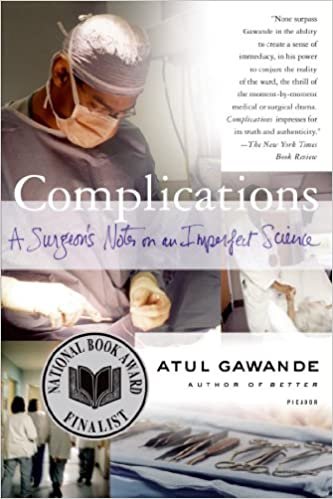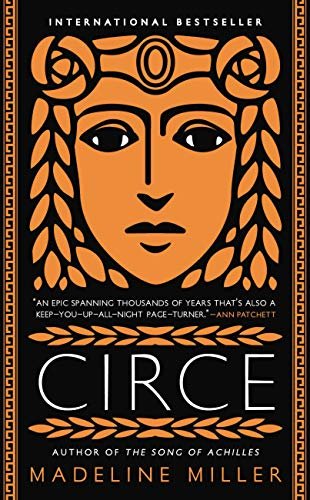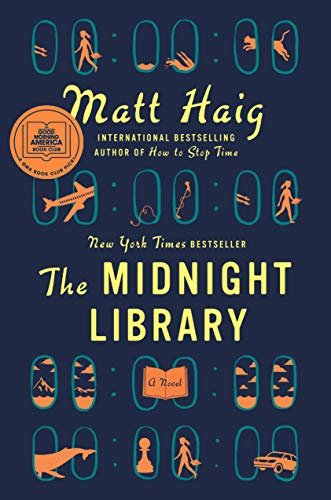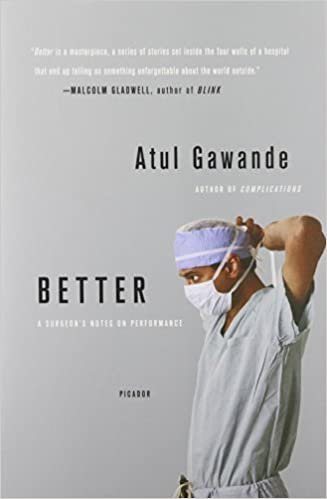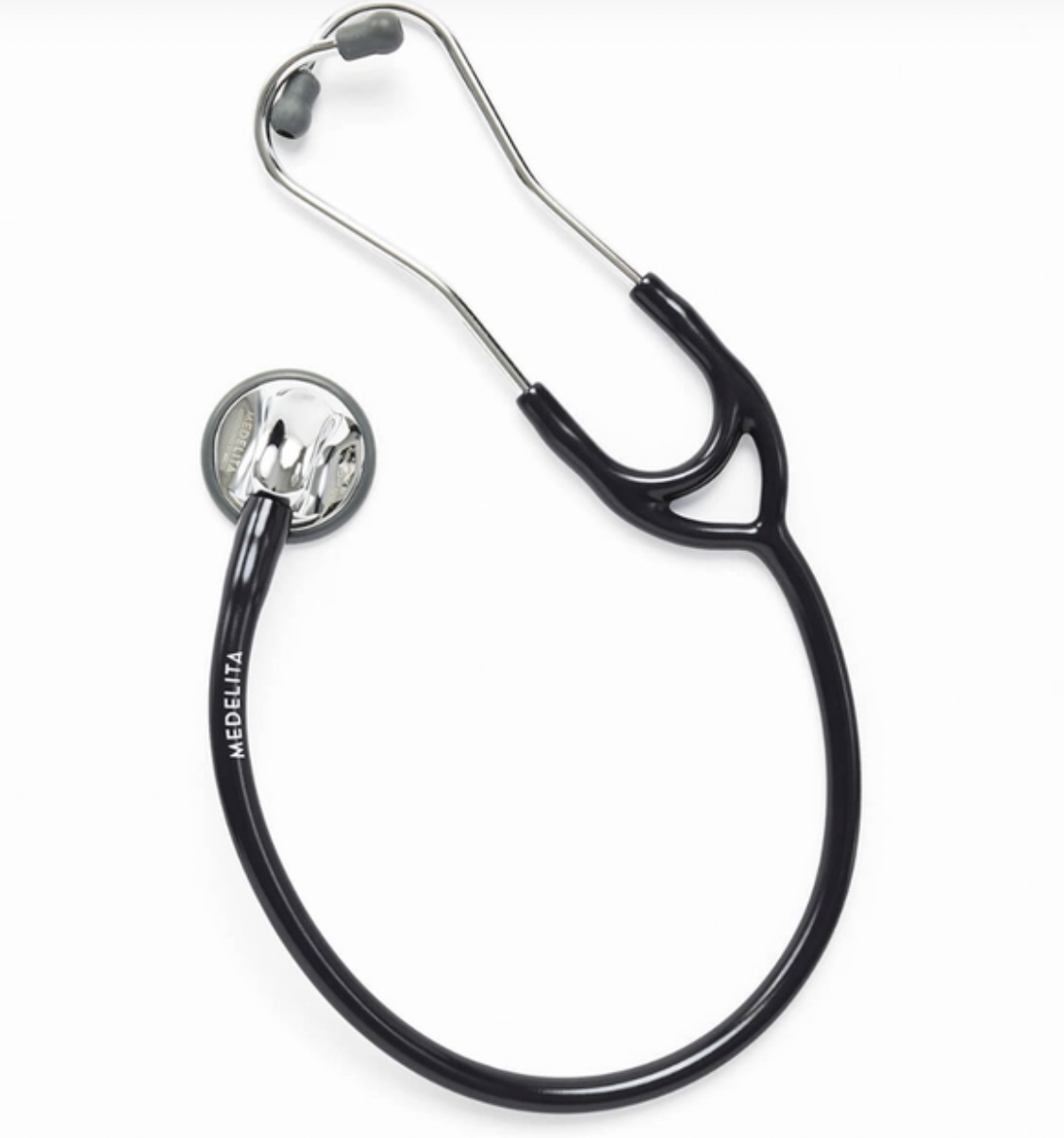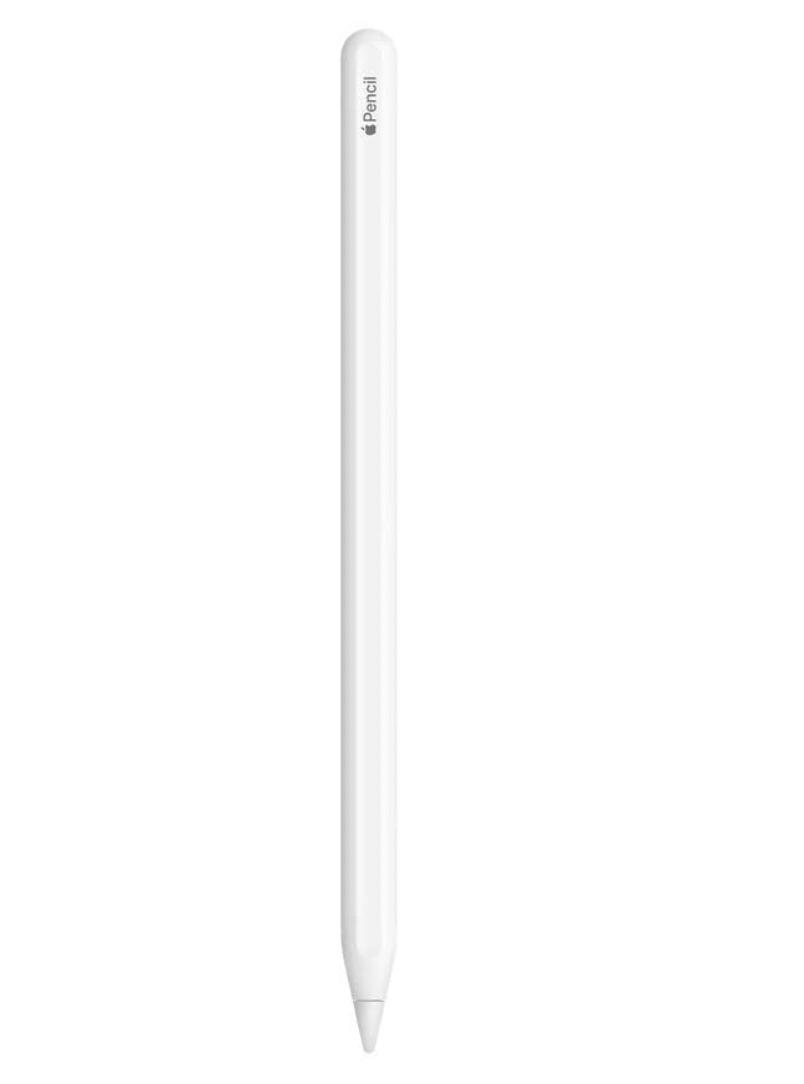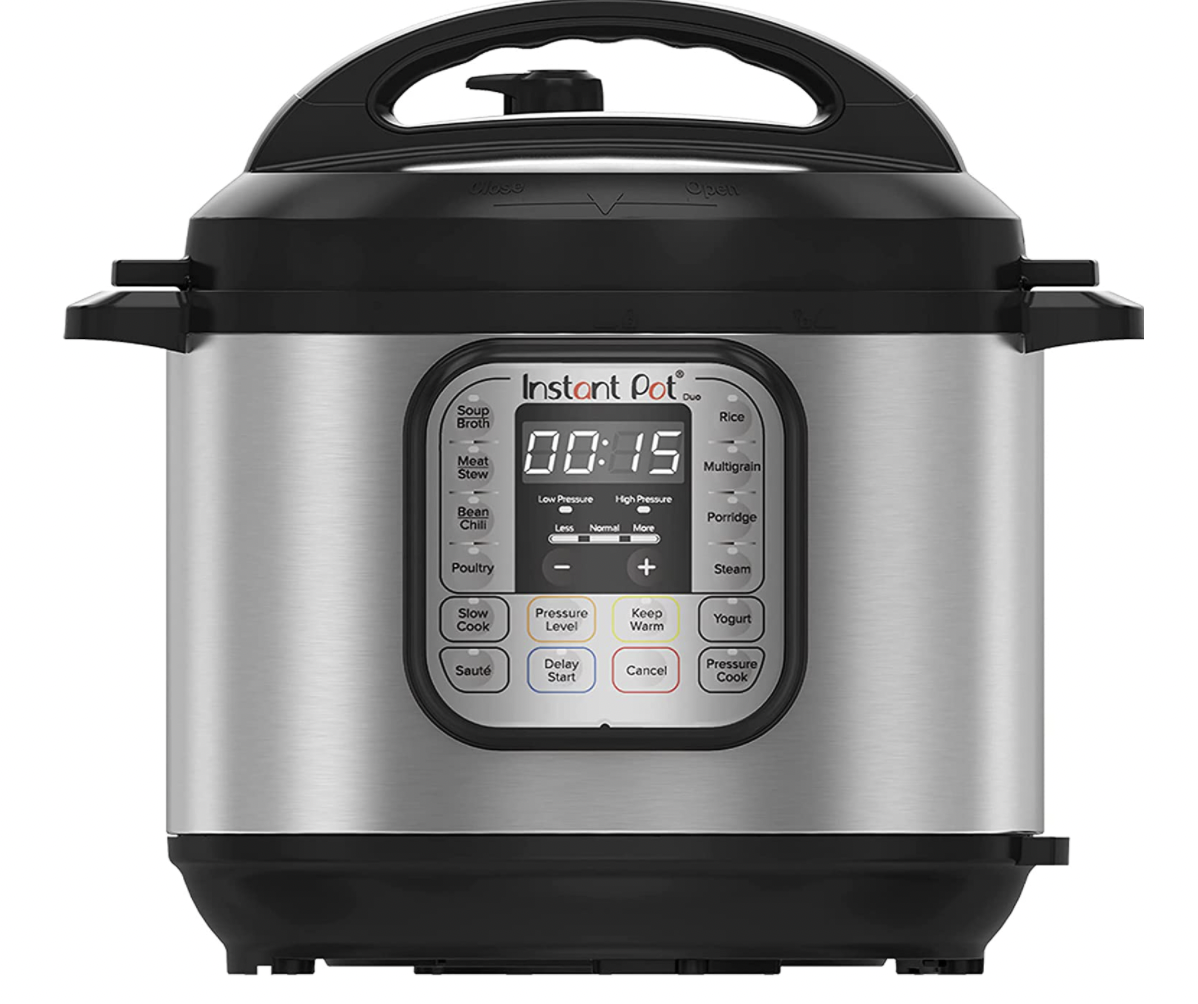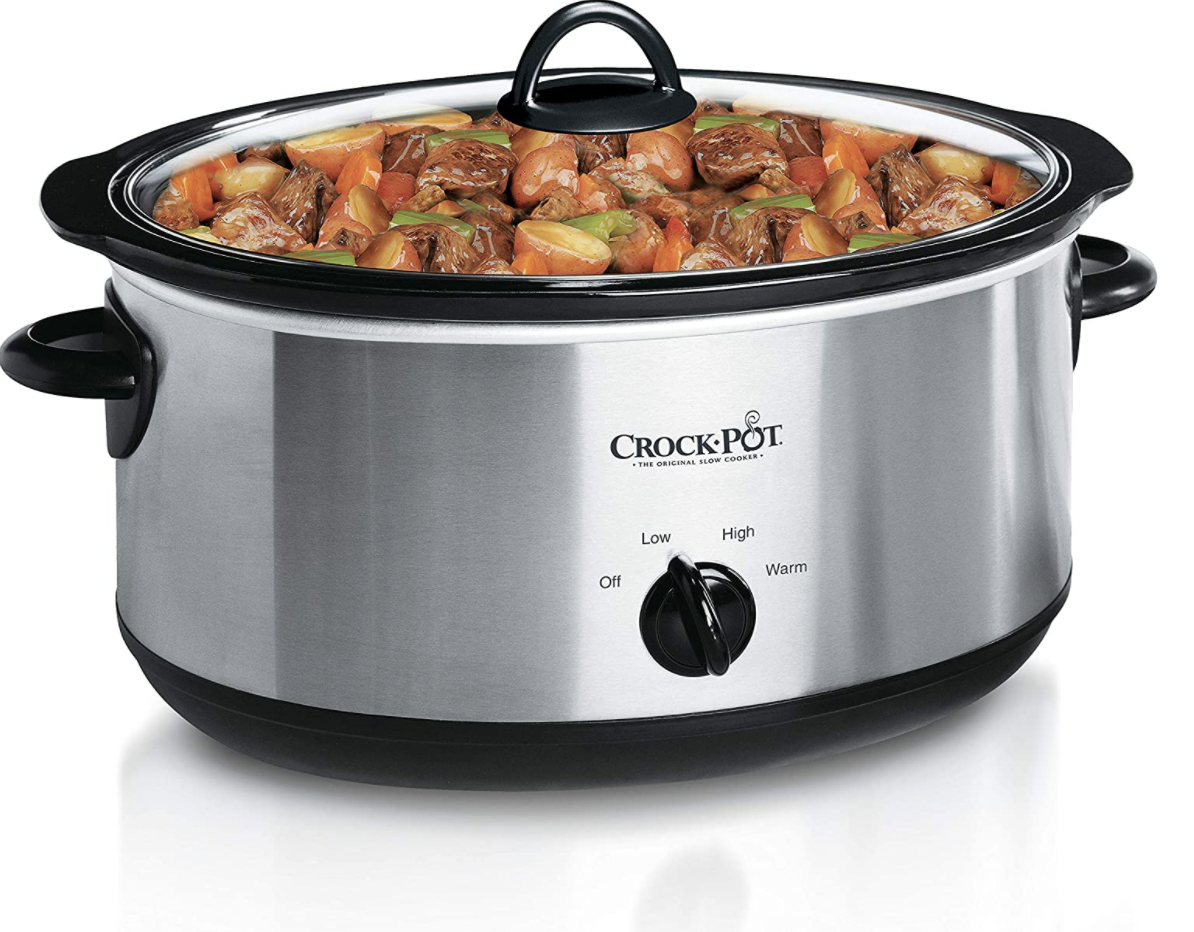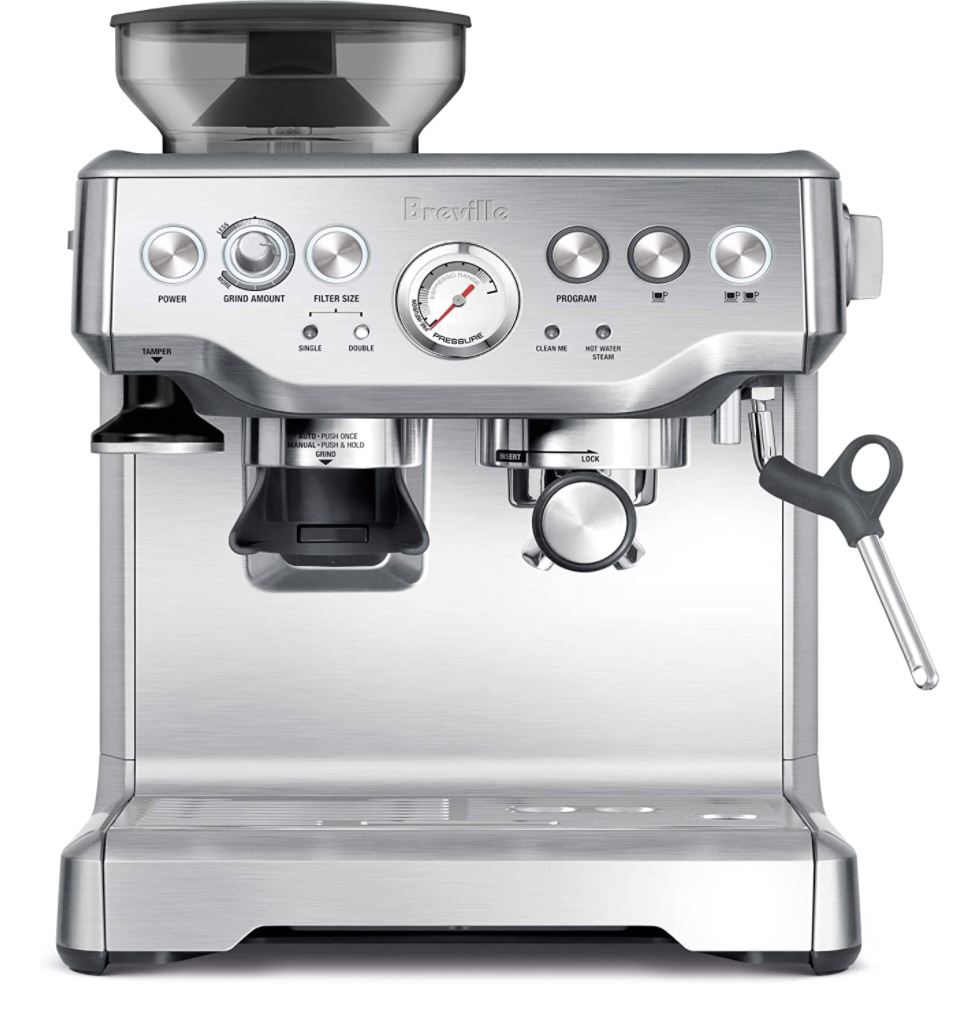While the prompt for the personal statement section can vary slightly between cycles, the change typically isn’t significant. The main idea remains: Why do you want to be a physician assistant?
There are possible variations of these questions:
Explain your motivations for wanting to become a physician assistant?
In the space provided, wrote a brief statement expressing your motivation or desire to become a physician assistant?
Discuss your motivations for becoming a physician assistant.
Do you see a theme? The majority of PA schools use a universal application service called the Centralized Application Service for Physician Assistants (CASPA) where you will directly enter your essay in text form. The character limit is 5,000 characters, including spaces, translating to roughly one page and a paragraph single-spaced size 12 font. Obviously, that’s not a ton of space to convince someone you are the best applicant for a spot in their program, especially considering this is the most important narrative you will ever write.
In order to meet this non-negotiable requirement, you must be direct and concise. A ton of descriptors are not necessary to get your point across. Including stories is important, but the focus should remain on you. Since spaces, grammar, or punctuation cannot be sacrificed to get under the character limit, the space must be used wisely.
Once your application is submitted to CASPA, your essay CANNOT be edited. I want to say that again. After you have officially turned everything in, you will NOT have the capability to edit anything about your essay. This is important to note once your get to the editing stage, and also why your essay is not school-specific. Supplemental essays allow you to expand on topics and program-specific points.
In order for your essay to potentially reach the hands of an admission committee member, the minimum requirements of each program must be met. Every school has its own process for how they choose which applications to review and how they are evaluated, but ultimately CASPA algorithms are in place to weed out applicants who don’t yet check the boxes of what schools are looking for. While your essay may be amazing, if your GPA is 2.97 and a school asks for a 3.0, it most likely won’t be read. To put this simply, if your GPA, grades, experience, or test scores don’t fit the minimum, your essay won’t be reviewed by that particular school!
While it seems unfair, with thousands of PA school applicants, the school need a way of separating the masses. They don’t have manpower to evaluate applications of candidates who simply aren’t qualified. A finished CASPA application is typically 25 - 35 pages long, and that’s a lot to comb through! Use due diligence in making sure your application is as complete as possible before submitting.
Since schools use different processes for evaluating applications and essays, it’s possible the person who reads your personal statement hasn’t seen your entire application. Avoid reiterating everything in your app (you don’t have the space), but provide enough background and detail for your reader to understand what you’re referencing without searching for the information. The application may not be readily available.
WHY YOUR ESSAY IS SO IMPORTANT
On a positive note, once you meet the numerous requirements, you’ve cleared a large hurdle. At that point, the admissions committee is left with a smaller number of applications to evaluate and a group of people who fit their criteria, meaning your chances have improved greatly. Your essay will be the factor to set you apart.
Since PA school has become so competitive, most everyone has considerable experience and an impressive resume on paper. While there will always be someone with more hours or better grades, it doesn’t mean you are any less qualified or deserving.
The PA school essay is an opportunity to chronicle the unique details of your journey and express your passion for becoming a PA. I’ve certainly seen subpar essays result in interviews, but a thoughtful personal statement could be the difference in your acceptance.
Similar to the interview process, don’t focus on what you think the admissions committee wants to hear, but actually, tell them about you. Your story may not be dramatic, but it is unique. The best essays I’ve read are the ones that help me understand who the person is by the end of the essay.
THE WRITING PROCESS
Starting with a blank space is intimidating. I can only speak for myself and offer ideas in regards to the process that works best for me, and coincidentally it’s why my first book (the PA School Interview Guide) took three years to complete! Don’t worry about having a perfect essay from the beginning. Your first draft will definitely not be the last, and you may end up changing everything before it’s considered ‘finished’. Grammar, wording choice, and punctuation can be edited after the fact. For that matter, flow and organization can be rearranged as well. Don’t let roadblocks stop you from putting initial words on paper to break the ice.
Let’s review how to best use this book, The first section covers the logistical basics needed before starting on your essay with some tips for reapplicants. In Section II, we’ll dive into essential content matter necessary for a strong personal statement, followed by mistakes you should avoid. Next, you’ll firnd a chapter called “Brainstorming” consisting of worksheets to help stimulate your thoughts and organize ideas that may (or may not) make it into your essay. Think of this chapter as a guided thinking exercise.
If you aren’t starting your essay in the immediate future, make a phone note or Google doc to easily store ideas from random thoughts, patient encounters, or shadowing experiences. Not everything on your list will make it into your essay, but a running list of memorable and pivotal moments can provide invaluable inspiration when the time comes.
Once you are ready to write, set yourself up for success. Choose a particular spot as a “writing area”. Leave your home to go outside or visit a coffee shop, cafe, or library to remove temptations of your surroundings. Get your head in the game. Turn off the TV, close all of your browsers, and set your phone aside. If that seems daunting, set a timer to give the writing undivided attention for a set period of time. If typing your essay is a struggle, consider writing by hand journal style to determine if the words come easier. My writing typically starts like a journal entry from a stream of consciousness and eventually turns into a cohesive paper others can comprehend.
Another option is to speak out loud using transcription to begin your essay shouldn’t sound like something you would speak out loud, but I find this technique helpful for writing blog posts. One suggestion is Otter, a free app that provides fairly accurate transcriptions. Think of this strategy as “interviewing” yourself to get started initially. Use the questions from Brainstorming in Chapter 5 as a starting point.
My goal is to turn this writing process from a stressful worry into an enjoyable task. In preparing your application, the essay gives you the chance to revisit your passion and examine why you started on this path to begin with. Through all of the requirements and hurdles, it is easy to become jaded or discouraged by the long process of applying for PA school, but don’t lose sight of why you committed to this journey. Try to experience the feeling of excitement you initially had for the prospects of being a PA.
HOW LONG WILL THIS TAKE?
That’s a subjective and personal question. From literature classes throughout your education, you may have an idea of how long the writing process takes you. However, this essay is quite different because it isn’t something you can research. Your personal statement requires soul searching too, and it’s so much more personal. Writing about yourself makes it more difficult, but you won’t have to worry about citations.
Having dedicated writing time daily/weekly/monthly on your calendar will ensure you are allotting adequate time to focus on your essay in order to complete it by your deadline. Your timeline will depend on your writing skills. Outlining and brainstorming to enter the process with organized thoughts will contribute to a more complete draft from the beginning.
SAVE YOUR WORK
Save your work!! I cannot emphasize this enough. As someone who started this book, was half way finished, and lost all of my writing, I empathize with anyone who has experienced a technical difficulty or lost an essay,.
Here are the places you do NOT want to save your essay: loose sheets of paper, Word document on your computer, in CASPA.
Better choices: Google Drive, Word document with an external hard drive that backs up often, possibly a note on your phone (still a little risky).
Save and back up your work often. Email your essay to yourself occasionally and save it in multiple places. Hopefully, a backup won’t be needed, but do it for your own peace of mind. You won’t regret it!
WHEN TO HIT SUBMIT
Speaking of deadlines, I strongly suggest setting a date to declare your essay finished. It’s quite possible to continue working on your essay forever and never feel like it’s complete or good enough. Look at your calendar and goals to pinpoint an ideal date you would like to have your essay finished. Early-mid April is a recommended timeline if you’re shooting for submitting CASPA soon after the application cycle opens.
WRITER’S BLOCK
At some point during this process, undoubtedly, you’ll feel frustrated and tempted to delete your essay and start over or wait until next cycle. Or possibly, you won’t know what to say or how to portray. yourself on paper. Mixed emotions are completely normal and happen to everyone during this process.
Revisit this chapter as often as needed to refocus on what is important for your essay. If feeling stuck, try an alternate writing technique or a new setting. It’s okay to take a few days off, or even a couple of weeks in order to come back to your essay with fresh eyes.
If you need additional guidance and accountability to get a draft complete, CLICK HERE for a FREE two-week email course that will instruct you through the brainstorming phase to a complete first draft in 15-30 minutes a day.


